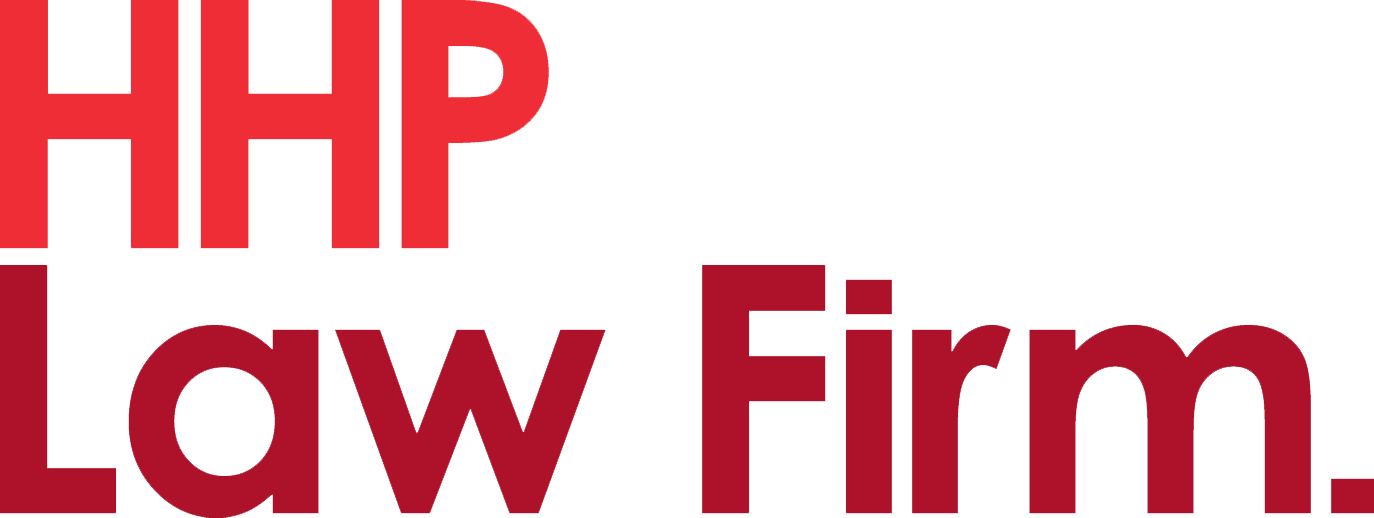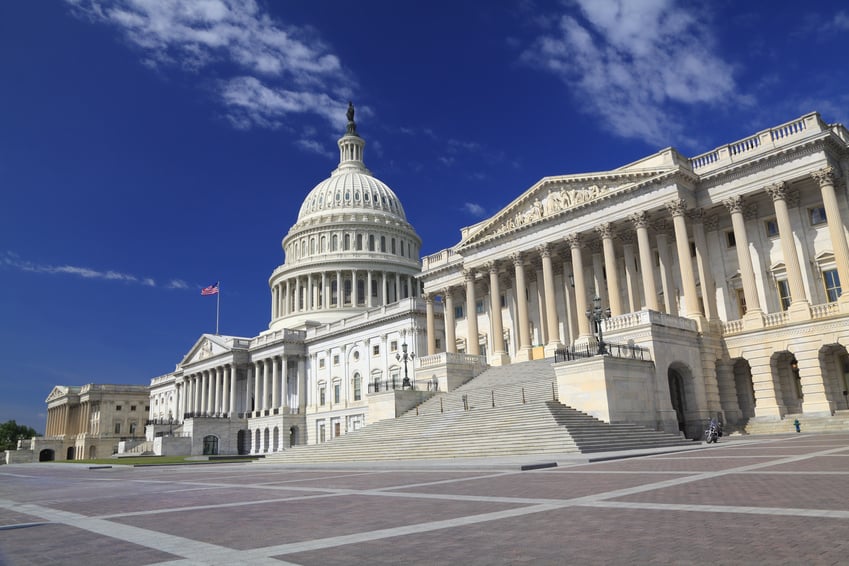In brief
To keep up with the momentum of digitalized lending and address the multitude of aspects (including financial inclusion and consumer protection) impacted by this ever-growing practice, the Indonesian Financial Services Authority (Otoritas Jasa Keuangan or OJK) has finally issued the long-anticipated regulation that revamped OJK Regulation No. 77/POJK.01/2016 on Information Technology-Based Lending Services (POJK 77). On 4 July 2022, OJK enacted OJK Regulation No. 10/POJK.05/2022 on Information Technology Based Collective Funding Services (POJK 10), updating the requirements for peer-to-peer lending operators (P2P Operator) and revoked POJK 77.
Key update from POJK 10
1. Capitalization and Equity
The minimum paid-up capital requirement under POJK 10 is now IDR 25 billion, which is a significant increase from the predecessor requirements of IDR 1 billion (for the registration phase) and IDR 2.5 billion (when applying for a (permanent) license) under POJK 77.
Any P2P Operator that has obtained an OJK license (or is in the process of obtaining a license) before the enactment of POJK 10 would be grandfathered and would not be subject to the new capitalization requirement.
Other than the minimum paid-up capital requirement, POJK 10 now also requires P2P Operators to at all times maintain an equity of at least IDR 12.5 billion. The fulfilment of this equity requirement may be done in the following tranches:
- At least IDR 2.5 billion within a year after the enactment of POJK 10.
- At least IDR 7.5 billion within two years after the enactment of POJK 10.
- At least IDR 12.5 billion within three years after the enactment of POJK 10.
2. Controlling Shareholder and Single Presence Policy
Consistent with the regulatory regimes for the other types of financial institutions, POJK 10 now recognizes the concept of a controlling shareholder of a P2P Operator. POJK 10 defines controlling shareholder as any legal entity, individual and/or business group having 25% or more shares in a P2P Operator or having less than 25% but where it is proven that the shareholder is exercising actual control, either directly or indirectly. Now P2P Operators must appoint/state at least one controlling shareholder (similar with the requirements for the banking regime).
P2P Operators that have obtained OJK licenses before the enactment of POJK 10 must notify the OJK of its controlling shareholder(s) within six months after the enactment date of POJK 10.
Similar with the single presence policy in banking, under POJK 10, a controlling shareholder of a P2P Operator cannot be a controlling shareholder in more than one conventional P2P Operator or sharia-based P2P Operator.
3. Fit and Proper Test Approval
Akin to the regulatory regimes for the other types of financial institutions, POJK 10 now requires the prospective primary parties of a P2P Operator (i.e., controlling shareholder, members of the board of directors, members of the board of commissioners and members of the Sharia supervisory board) to undergo OJK’s fit and proper test (FPT) and to be approved by OJK. The prospective primary parties are barred from carrying out their functions and duties before passing the FPT and obtaining that approval from OJK. POJK 77 did not previously require this FPT requirement for primary parties of a P2P Operator.
The current primary parties of a P2P Operator that have held their positions before the enactment of POJK 10 would be grandfathered until the terms are extended (in the case of members of the board of directors, members of the board of commissioners and members of the Sharia supervisory board) or a change of controlling shareholder occurs.
4. Prior Approvals for Corporate Actions
POJK 10 expands the prior approval requirements that a P2P Operator needs to obtain before undergoing any of the following corporate actions:
- Change of ownership
- Increase of paid-up capital
- Change of members of the board of directors, members of the board of commissioners and members of the Sharia supervisory board
- Merger or consolidation
Related to the above point a) on change of ownership, POJK 10 also introduces a “lock-up” period where a P2P Operator is prohibited to have new shareholder(s) and change its controlling shareholder for a period of three years following the issuance of the P2P Operator license from the OJK.
5. Legal Lending Limit
As regulated in POJK 77, the lending limit to a borrower of a P2P Operator is capped at IDR 2 billion. POJK 10 retains this lending limit and adds that each lender (pemberi dana) (and the lender’s affiliates) of a P2P Operator may only provide funding to that P2P Operator up to a maximum of 25% of the P2P Operator’s final lending position at the end of each month. The fulfilment of this cap applicable to lenders (and the lender’s affiliates) of a P2P Operator could be done in stages. Lenders of a P2P Operator that engages in the financial services sector supervised by OJK are exempted (capped at 75% as opposed to 25%).
6. Sharia Business
POJK 10 clarifies the concept of sharia-based lending for P2P Operators. In summary, P2P Operators could carry out their lending business activities based on Sharia principles. POJK 10 also makes it possible for a conventional P2P Operator to convert to a Sharia-based P2P Operator. Given the separation of conventional vs. Sharia-based lending business activities, conventional P2P Operators that do not convert cannot continue to carry out their sharia-based lending business activities (and vice versa).
7. Miscellaneous
POJK 10 also introduces some new good corporate governance requirements, including:
- P2P Operators must have a good corporate governance guidelines.
- P2P Operators must have at least two directors and one commissioner.
P2P Operators must have an internal audit unit that comprises at least one member with the relevant expertise and/or background.
Key takeaways
As the pandemic proves that transformation is inevitable, POJK 10 will certainly accelerate and improve the trend of getting funded and the legal certainty of P2P Operators. Hopefully, this could bring more consolations for the public in dealing with P2P Operators. Yet again, Indonesia is on the move in making its lending industry more agile in responding to globalization.
___________________________________________________
With thanks to Jonathan Edward Tobing for his assistance in preparing this alert.

© 2022 HHP Law Firm. All rights reserved. HHP Law Firm is a member firm of Baker & McKenzie International. This may qualify as “Attorney Advertising” requiring notice in some jurisdictions. Prior results do not guarantee a similar outcome.







